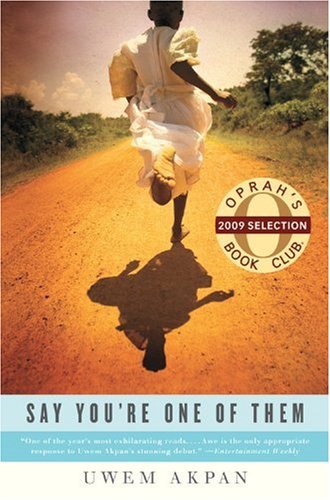
It's official: there is no God, something I've known for a long time. Okay, that's a little tongue-in-cheek, but in all seriousness, in this book, Dr. Stenger makes the case that any belief in supernatural is irrational, that everything we know, from the farthest galaxies to the inner workings of our brains - including our thoughts, emotions and personalities - can be reduced to matter and physiological mechanisms, and nothing more, and that not a shred of proof of the existence of God has ever been brought to light. Believers argue that the existence of God is beyond the reaches of science, but that in itself seems irrational (and convenient). After all, if God plays such an important role in the world and in people's individual lives, if people have a "personal and intimate relationship with God," as I've heard people claim, then there should be some evidence of "his" existence. And there's just not, folks - never has been. The bible is not historical fact - it's a collection of stories written by a group of men long, long after Jesus Christ supposedly died (the truth is, there's not even any historical proof that Jesus Christ actually existed; he very well may be a mythical figure). At best the stories are fables and parables; at worst they are tools used to brainwash.
There is no accounting for all the evil and suffering in the world, either. Man's free will, supposedly granted by God, doesn't cut it. How does that explain natural disasters like the earthquake in Haiti that recently killed hundreds of thousands of people? But the best believers seem to be able to come up with is "God works in mysterious ways . . . it's not for us to understand." Well, I'm calling bullshit, and so are a lot of other people, fortunately, including Dr. Stenger.
The book also talks about how religion and belief in the supernatural is actually dangerous; how making decisions based on irrational, baseless faith and superstition rather than on reason and logic can result in terrible consequences, and how so many of man's evil deeds are committed in the name of God. Religion encourages racism and oppression and violence and intolerance, and at the extreme, even killing. Non-believers don't exclude or kill in the name of Atheism. Non-believers value the world and life because we know it's all we've got.
It's interesting to me that so many people who consider themselves true believers were either born into it (i.e., had it spoon-fed to them from infancy), or they "found God" after hitting some sort of rock bottom in their lives. "I was a broken person, but God made me whole." I've heard it over and over. But just like The Cowardly Lion, The Tin Man, and The Scarecrow, the courage, the heart, and the brains they eventually got, they actually had all along - none of it came from The Wizard, who, as we all know, turned out to not be real.
Okay, enough of my personal rantings. Back to the book. The author, a scientist, tends to throw sarcastic barbs in from time to time, which I think the book could have done without. He also goes into some pretty mind-numbing, coma-inducing stuff about things like physics and quantum mechanics. Overall, though, he does a superb job of explaining the position that there is no God and that the world would be a much better place without religion.
I would challenge ye of religious faith to read this book. What do you have to lose? For the record, I've read at least some of the bible and have attended many a church service and listened to many a sermon in my day.
Told ya my next book was going to be controversial.




